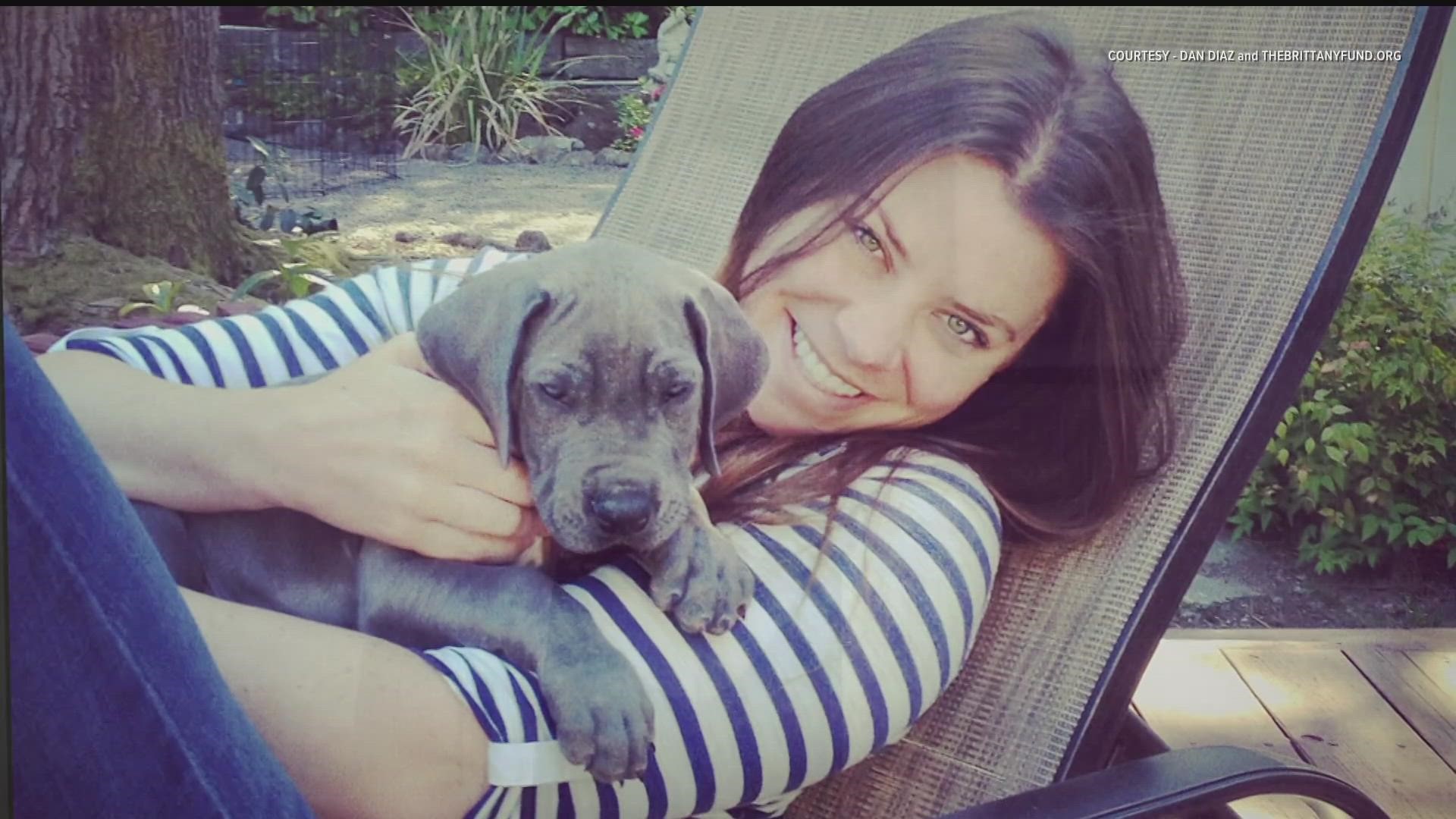ST PAUL, Minn. — Minnesota could be the next state to legalize end-of-life options.
There's a bill in the legislature to let terminally ill patients make decisions about their own care if their suffering is too much.
There are 10 states, plus the District of Columbia, with similar laws that Minnesota's bill is modeled after.
The topic reached the national spotlight when 29-year-old California residents Brittany Maynard and her husband moved to Oregon from California after she was diagnosed with brain cancer. Maynard advocated for the aid in dying law, which California didn't adopt until 2015, a year after her death.
Eight years later, her husband, Dan Diaz, continues to work to keep her legacy alive.
"The promise I made to Brittany was to help pass legislation in other states," said Diaz. "She spoke up so that nobody else would ever have to do that."
Diaz is campaigning in six other states this year, including Minnesota, which first introduced a similar bill two years ago. The other states he believes will pass their own laws are Massachusetts, New York, Delaware, Maryland and Connecticut.
"The people of that state, they support this, they want this option," said Diaz. "It's just a matter of getting their legislators on board."
Minnesota lawmakers supporting this topic spoke out on Thursday, including terminally ill patient DeeDee Wells.
"I don't have time to wait," said Wells. "I have the right to control my own body and now, as I approach the end of my life, it’s wrong for Minnesota lawmakers to take this decision away from me."
Longtime hospice physician, Dr. Joanne Roberts, also spoke and once opposed medical aid in dying, but admitted she's now fighting a deadly diagnosis of her own.
"I'm here to tell you today, I was wrong," said Dr. Roberts. "For me, this is about my choices at the end of life."
For Diaz, he says, Brittany was against treating her disease with chemotherapy and other medications that would only further decrease her quality of life. About two years after they got married, Brittany ended her life.
"This is about an individual taking back that little bit of control from their terminal disease so that their dying process can be gentle," said Diaz. "She doesn’t get to choose between living and dying, that’s not the choice."
Diaz described Brittany as a loving, caring and adventurous person. He has since moved back to California.
"I'm very proud of the impact she had and the change she has brought about," said Diaz.
There are several safeguards in place, both in the bill in Minnesota and the other laws. For example, the patient has to be 18 years old, mentally capable and terminally ill with six months or less to live.
They also have to be able to ingest a medication on their own and get the OK from two doctors who are protected from any liability.
As for the bills in Minnesota, they are still waiting for committee hearings in both the House and Senate.
There are some organizations against end-of-life laws, including the Disability Rights Education & Defense Fund. You can read their full statement on the issue here.
Watch more local news:
Watch the latest local news from the Twin Cities in our YouTube playlist:
WATCH MORE ON KARE 11+
Download the free KARE 11+ app for Roku, Fire TV, and other smart TV platforms to watch more from KARE 11 anytime! The KARE 11+ app includes live streams of all of KARE 11's newscasts. You'll also find on-demand replays of newscasts; the latest from KARE 11 Investigates, Breaking the News and the Land of 10,000 Stories; exclusive programs like Verify and HeartThreads; and Minnesota sports talk from our partners at Locked On Minnesota.
- Add KARE 11+ on Roku here or by searching for KARE 11 in the Roku Channel Store.
- Add KARE 11+ on Fire TV here or by searching for KARE 11 in the Amazon App Store.
- Learn more about KARE 11+ here.

